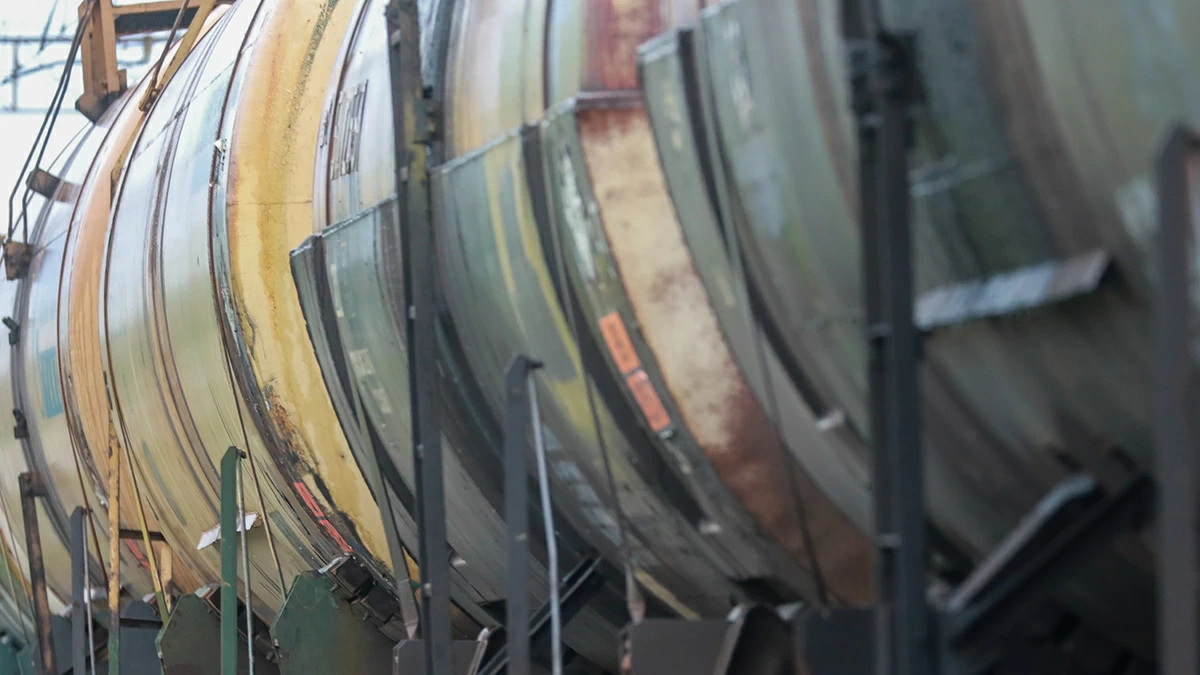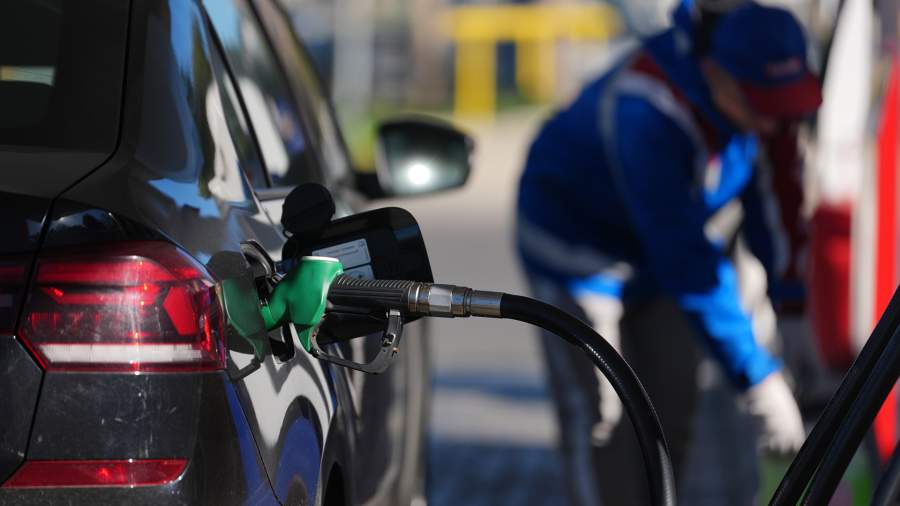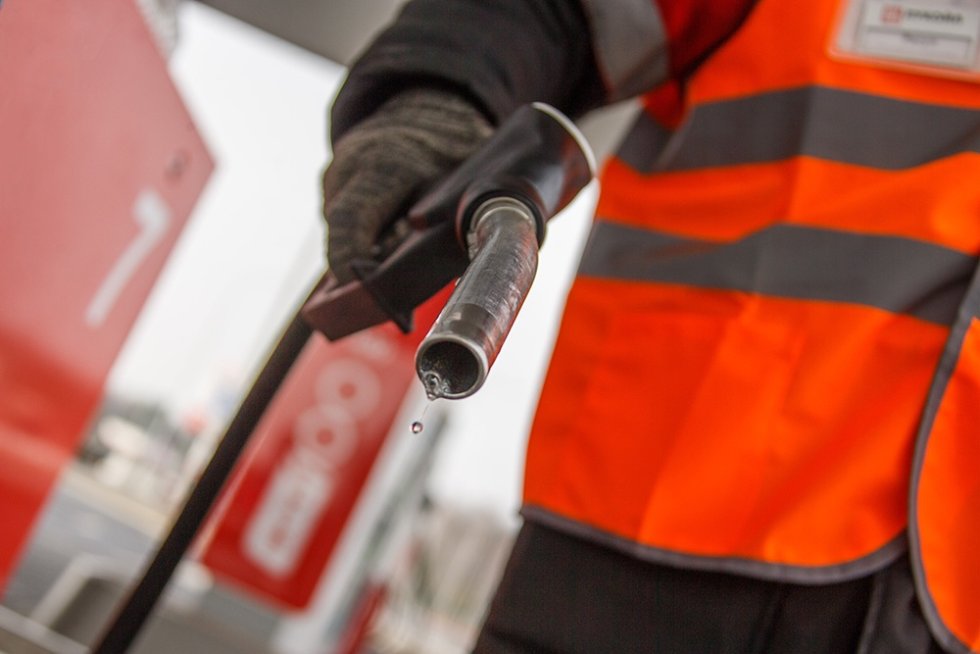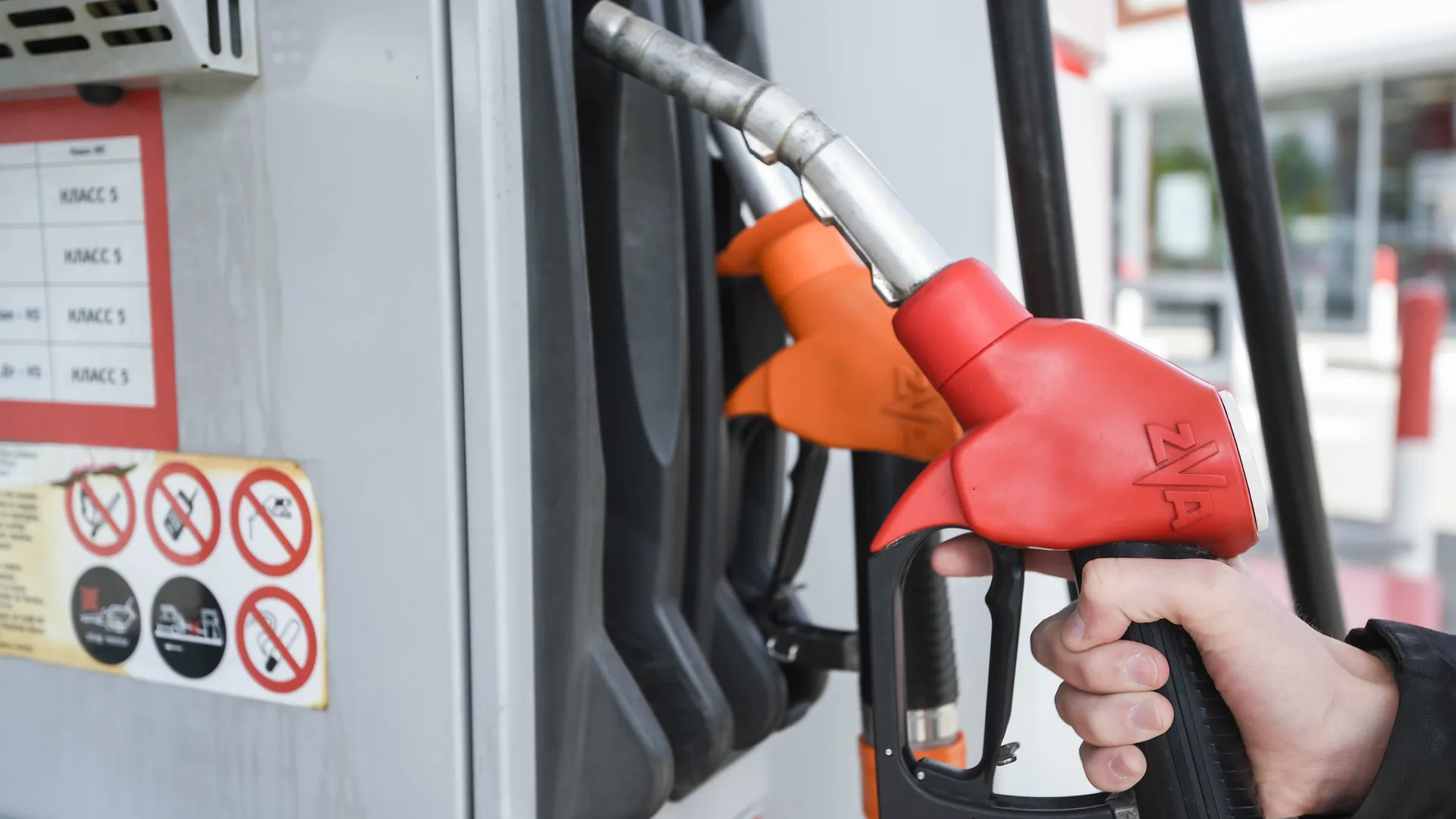Fuel supply can also be increased through imports from China, Belarus, and Kazakhstan.
One might argue that it is still too early, as only a week has passed for the export bans to take effect. However, they have a delayed impact on retail prices; gas stations may not have felt significant changes. The exchange responds immediately and is influenced by the information backdrop, and there has been no reaction thus far. Furthermore, gasoline exports have been prohibited for everyone since August, yet there is no effect.On the exchange, the price of AI-92 gasoline has for the first time ever exceeded 74,000 rubles per ton, while AI-95 is hovering just below the 80,000 ruble mark, and diesel fuel prices set another record, rising on October 7 to 72,669 rubles per ton. According to Rosstat, by the end of September, gasoline outpaced consumer inflation by more than double (9.7% compared to 4.29%), and diesel fuel nearly caught up with it (3.7%). Moreover, diesel prices at gas stations increased by 1.1% over the last two weeks. If this trend continues, it will match inflation levels within this week. Data from the Moscow Fuel Association indicate that from September 27 to October 6, diesel fuel prices at gas stations in the capital rose by an average of 35 kopecks (0.48%). New Rosstat data will be released on the evening of October 8.
Stankevich believes that the reason for rising fuel prices on the exchange is directly correlated with the intensity of drone attacks on Russian refineries, which the September indices confirm. The shortage of supply in the market is pushing prices up. In this situation, export restrictions alone are insufficient. In contrast, the completion of unplanned refinery repairs coupled with fuel supplies from abroad under intergovernmental agreements will play a significant role, Stankevich explains.
Regarding diesel fuel, Sergey Frolov, managing partner at NEFT Research, notes that the reasons for its price increase in the fall also include unplanned refinery shutdowns and the gradual transition from summer to off-season and winter fuel. However, since Russia has a much higher resilience concerning diesel fuel, the regulatory measures already taken should lead to market stabilization, according to the expert. He believes that a ban on diesel fuel exports for producers will not occur. However, without such a ban, regulatory authorities still have the option to manually control exports, for example, by reviewing pipeline transportation requests towards export terminals, Frolov clarifies.
Nonetheless, general director of the fuel marketplace OPEN OIL MARKET, Sergey Tereshkin, asserts that consumers should not expect a drop in prices at gas stations. He anticipates that the upward price trend for gasoline will continue at least until the end of this year. According to Rosstat, in August 2025, oil product production in Russia fell by 6.3% compared to August 2024 and by 4.2% compared to July 2025. This data reflects a summary performance metric published by Rosstat without absolute values. The statistics for September 2025 will only be available at the end of October; however, Rosstat data are expected to demonstrate an acceleration in the reduction of production rates. Thus, market calm can only be achieved through increased fuel production—either through repairs and resuming idle capacities or by raising imports from Belarus, Kazakhstan, and China, Tereshkin explains.
However, market tranquility does not equate to lower prices, cautions Dmitry Gusev, deputy chair of the supervisory board for the Reliable Partner Association and member of the expert council for the "Gas Stations of Russia" competition. Fuel prices have never genuinely decreased; discussions have always revolved around slow or rapid increases, tempered only by inflation. Yet currently, the market is being affected by drone factors, rendering oil refining and storage of fuel reserves significantly unprofitable. The fiscal system was originally designed so that it was more profitable to send oil for export than to build refineries and process it domestically. Now, we are trying to compel oil companies to not only refine this oil but also supply it to the domestic market. "We need to clarify: are we operating within a market system or a planned economy? If the former, we must allow the market to find its own balance and determine the equilibrium price for gasoline and diesel fuel, rather than coercively pressuring oil companies to lower prices. The stick without the carrot will not yield results," Gusev emphasizes.
Source: RG.RU




